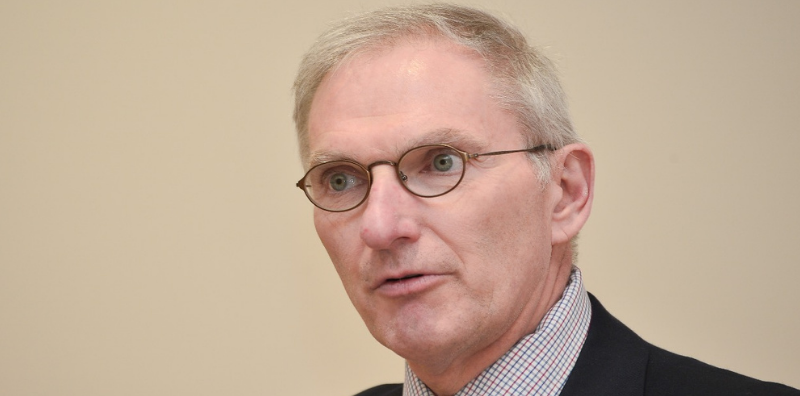
by Mykolas Romeris University (MRU) Visiting Lecturer and MRU Justice LAB member Prof. David Schultz
The 2022 American elections were not quite the disaster for the Democratic Party as many people thought. While the results are not final, it is still likely they will lose control of the House of Representatives and perhaps the US Senate. They lost critical elections and power across the country. The party continued to lose support among the working class as the latter drifted over to the Republican Party. The question now for the Democratic Party is what should they do next? Is the solution to move further to the left to capture cadres of progressive voters who do not vote and are looking for an alternative party that represents their views, or move more to the center and try to capture the moderates by wooing them back?
The 2022 midterm elections were never going to favor the Democrats. Statistically the president’s party loses 26 seats in the House and four seats in the Senate. With a five-vote house margin and a 50-50 Senate the odds were against the Democrats. Couple that with low presidential approval ratings and a souring economy, classic political science analysis six months ago would tell you that the Democrats were going to have a bad year. Were it not for abortion politics, it would have been worse.
Why did the Democrat Party do so badly? Simply put–they lost track of the American people.
At one time the Democrats were the populists. They were the party of the working class and labor. They placed economics and individual welfare first. They seemed to understand and were emphatic with the plight of the working class. While by no means a leftist party they nonetheless supported class-based legislation and they were mostly trusted by and connected to the needs of many workers.
But somewhere along the line the Democrats became the party of the intellectual, middle class elite. But now Republicans in 2022 speak to the people’s concerns about crime and public order. Or about the loss of manufacturing jobs, free trade agreements, and stalled standards of living. Yes their answers were disgusting–turning to race, xenophobia, and homophobia–but they at least spoke to the fears of the white working class but speaking to their fears and anxieties. They offered simple solutions such as restricting immigration, cutting taxes, and eliminating government social welfare programs, none of which did much to help the working class. But what they did was better than what the Democrats did, or at least did not do.
The Democratic Party's mistake was that they also fully embraced the shift to neo-liberalism that began in the 1970s. As factories closed, economic restructuring took place, and the gap between the rich and poor exploded, Democrats did little to fight it. They supported the Reagan tax cuts. They endorsed NAFTA. They became the party of the college-educated, those who were mostly the winners in the new economy. They did little to address the assault on the welfare state. Perhaps they were stymied by the Republicans, but in the end the Democrats became the party that was well off enough not to worry about day to day survival.
In 2022 the Democrats proved to have a tin ear on the issues of most concern to most Americans. Abortion rights are important, but they failed to appreciate concerns over the economy or crime. They frankly looked out of touch with the working and perhaps much of the middle class, and they paid politically for it in 2022.
The question is now what is next for the Democratic Party and the USA? With Democrat Joe Biden still president, one can guarantee that America will have a divided government where little gets done in terms of legislation. President Biden’s domestic agenda is effectively done. The real issue is what can the President do in foreign policy for the next two years? The overall foreign policy of the U.S., especially in Europe, is not going to change during this time period. The question though is how much support there will be for Ukraine coming from Republicans. The test for President Biden is whether he can maintain a bipartisan consensus on this issue especially if the U.S. goes into a recession and there is pressure to cut back on spending.